What’s Going On in South Korea?
On a recent Tuesday, South Korean President Yoon Suk Yeol declared martial law, a move he deemed essential for safeguarding the nation against “anti-state forces,” notably those sympathetic to North Korea. However, this decree was short-lived, as it was rescinded merely six hours after being issued, following significant public protests. The fallout has since prompted opposition parties to pursue impeachment proceedings against Yoon, which could succeed if members of his own party necessitate a two-thirds majority. Accusations of treason against him have surfaced, and his actions further ignite tensions within a political landscape already fraught with division. Following the martial law announcement, Yoon appointed General Park An-su to command the martial law forces, leading to an enforcement ban on political activities, the spread of perceived “fake news,” and orders that striking doctors must return to work, effectively tightening governmental control over public discourse.
Yoon’s authoritarian tendencies were expected by some observers, considering his electoral victory came amid a political landscape marked by his predecessor’s progressive stance. Upon taking office in 2022, Yoon began utilizing legal threats and regulatory measures to target what he labeled as disinformation—actions that seemed particularly aimed at media organizations. Reports indicate that law enforcement raided journalists’ homes and offices in the wake of allegations against them for spreading misinformation. The martial law command also seemed to have a focus on apprehending political adversaries, an assertion made publicly by a Democratic lawmaker based on security footage. Experts in South Korean politics now express concern that these actions signify a troubling regression for democracy in the country, underlining an alarming trend of governmental overreach since Yoon assumed power.
In a parallel development, the House’s Select Subcommittee on the Coronavirus Pandemic released a report that aligns with long-held suspicions regarding the pandemic’s origins and the government’s handling of it. The report claims that COVID-19 likely resulted from a lab-related incident in Wuhan, funded partially by U.S. taxpayer dollars via gain-of-function research. The subcommittee estimates that fraud associated with relief funds during the pandemic amounts to over $200 billion. Furthermore, it contends that pandemic-era lockdowns produced adverse effects on child development, while long-standing public health measures such as the six-foot social distancing rule lacked scientific support. The report raises critical questions about the balance between public health measures and individual liberties, advocating for a future approach that respects constitutional rights even during crises.
The recommendations offered in the report emphasize the need for accountability and a reassessment of how pandemics should be managed going forward. It stresses that the Constitution remains in effect during emergencies, arguing that excessive restrictions can breed public distrust in health measures. The report also harshly critiques the EcoHealth Alliance for receiving taxpayer funds and highlights the failures of former New York Governor Andrew Cuomo’s handling of nursing home fatalities during the pandemic. Contrarily, the report faced dissent from Democrats on the subcommittee, who claimed that it prioritized partisan interests over constructive discussions aimed at enhancing public health infrastructure, indicative of an overly polarized political environment in America today.
In contrast to the national discourse on public health, New York City’s private education landscape reveals stark disparities among affluent families. A report by the New York Times highlights how families earning between $400,000 and $800,000 qualify for financial aid at elite institutions, such as the $65,300-a-year Chapin school. This raises concerns about wealth redistribution among the upper echelons of society, indicating that heightened tuition rates may be compelling the wealthier to indirectly subsidize education for those who are merely well-off. The sustainability of this financial model remains uncertain, as it may prompt families to explore alternative education options like homeschooling if tuition continues to spiral.
As the situation unfolds in South Korea regarding Yoon’s martial law and the implications for democracy, the ongoing discourse in the U.S. around pandemic handling and educational finance underscores broader societal concerns. The contrasting political narratives—one encapsulating an urgent call for reform and the other reflecting dissatisfaction with elite arrangements—showcase growing divisions. The examination of Yoon’s authoritarian measures and the bipartisan conflicts revealed in the COVID-19 report signal troubling trends of governmental and societal dysfunction.
In closing, as President Yoon Suk Yeol comes under scrutiny over his authoritarian maneuvers, citizens and lawmakers grapple with the implications for South Korea’s democratic institutions. Meanwhile, the U.S. navigates the fallout from the pandemic with partisan bickering hindering collective action. The disparate financial aid landscape for affluent students in private schools further complicates these issues, all pointing to a future likely characterized by increased fragility within both democratic practices and social equity. As these issues converge, the quest for effective governance and accountability amidst mounting challenges remains critical to restoring public trust in democratic systems.
Share this content:
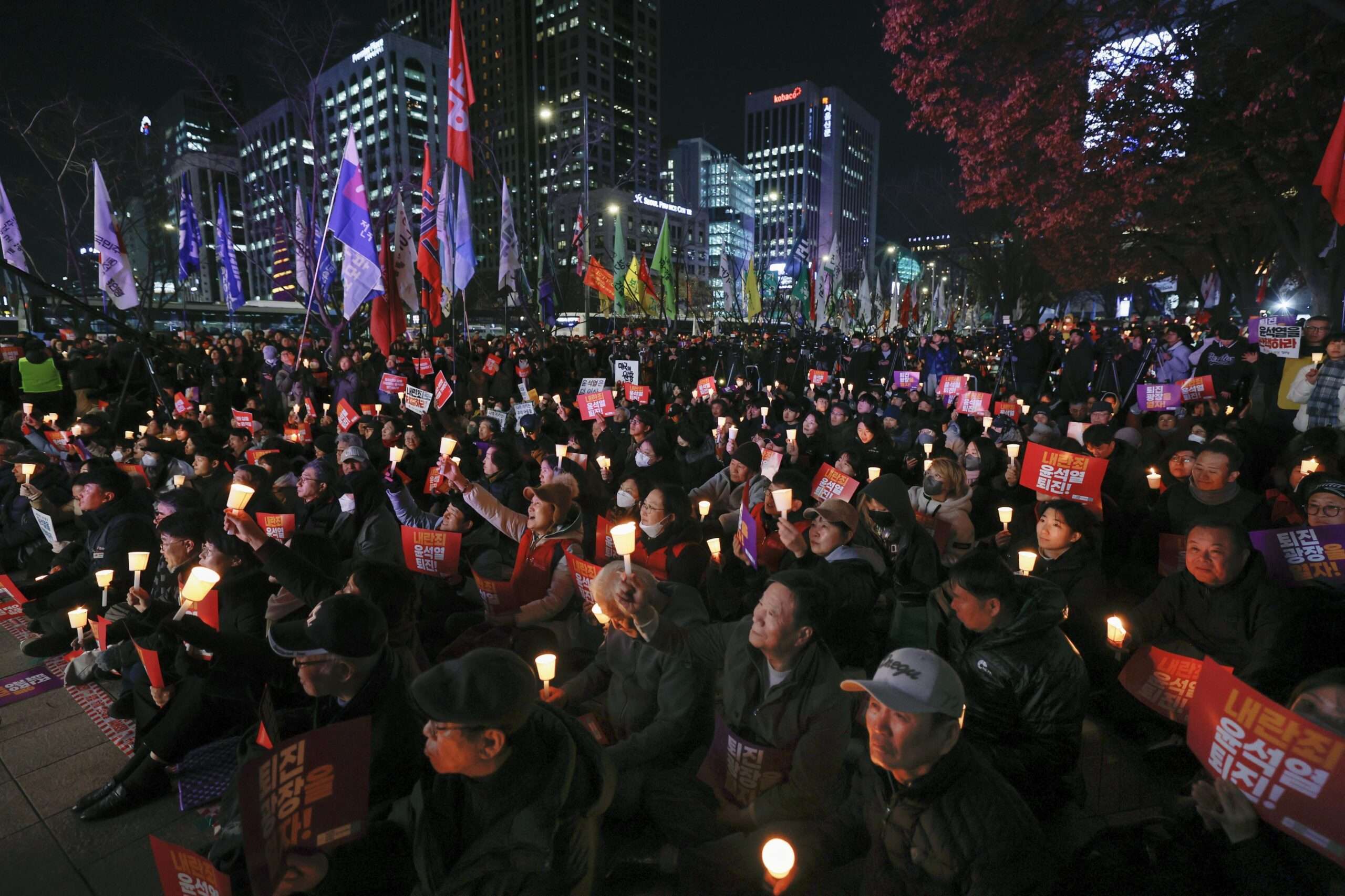

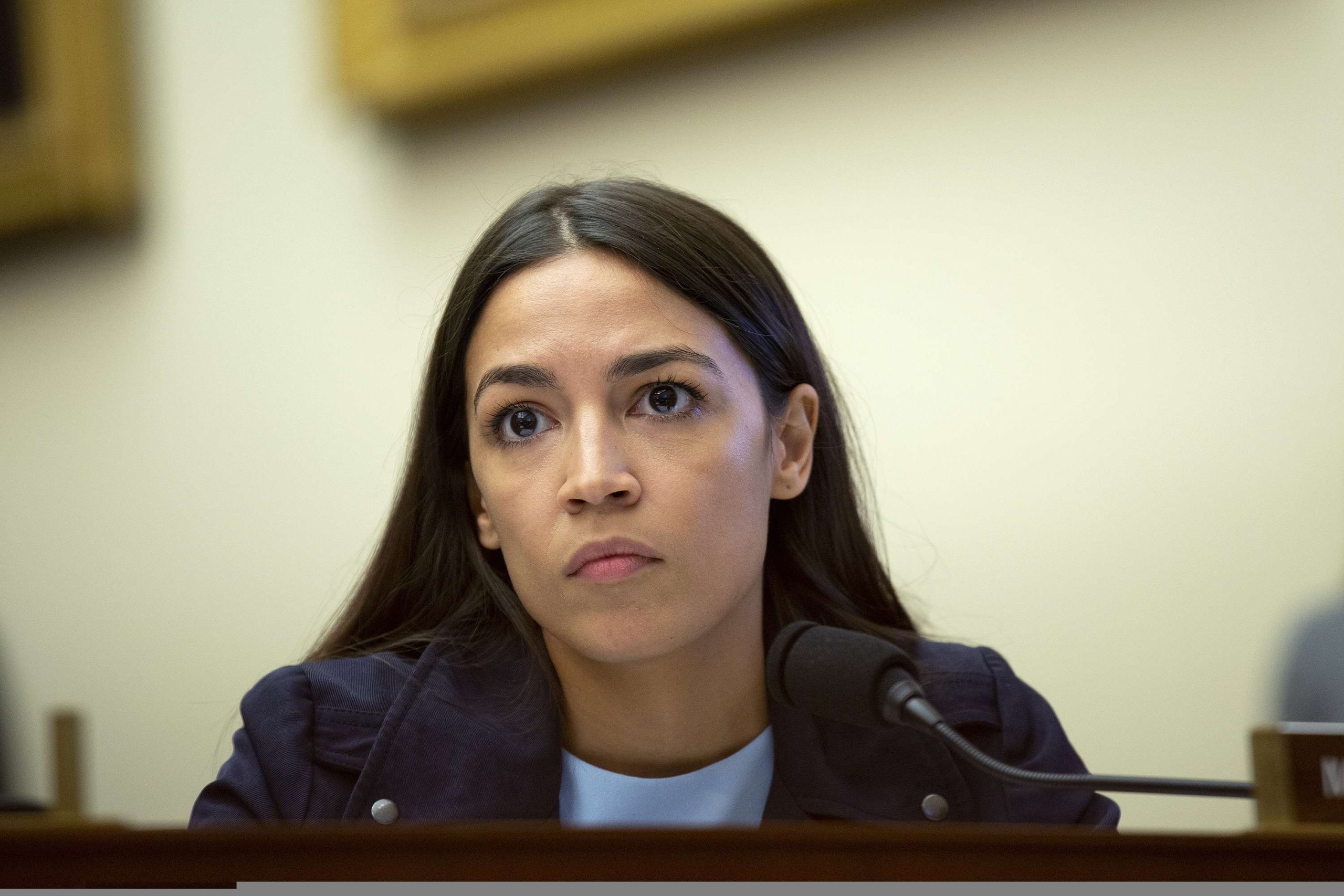
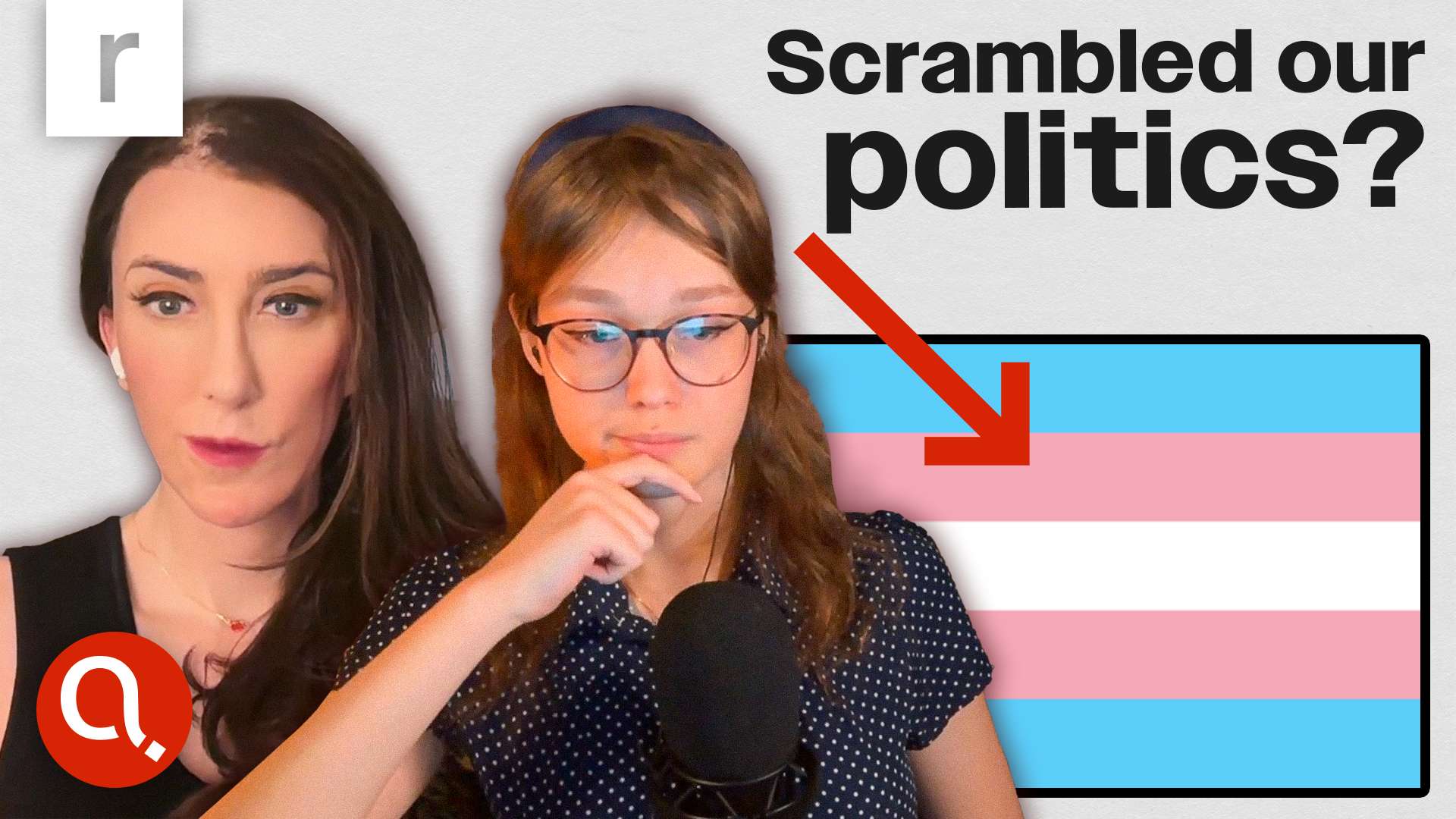

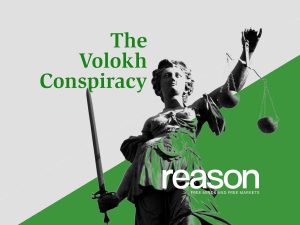

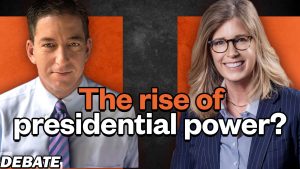
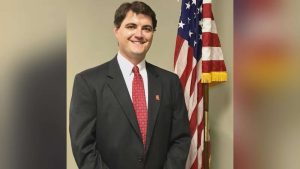
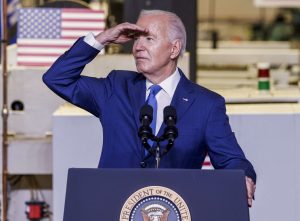
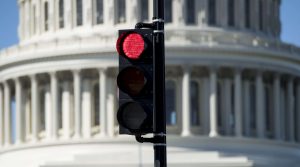
Post Comment